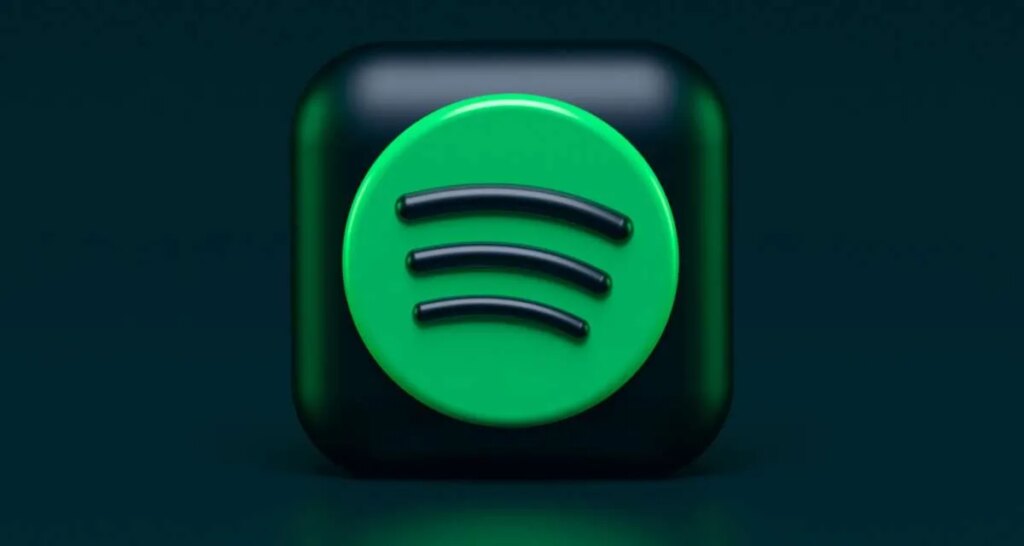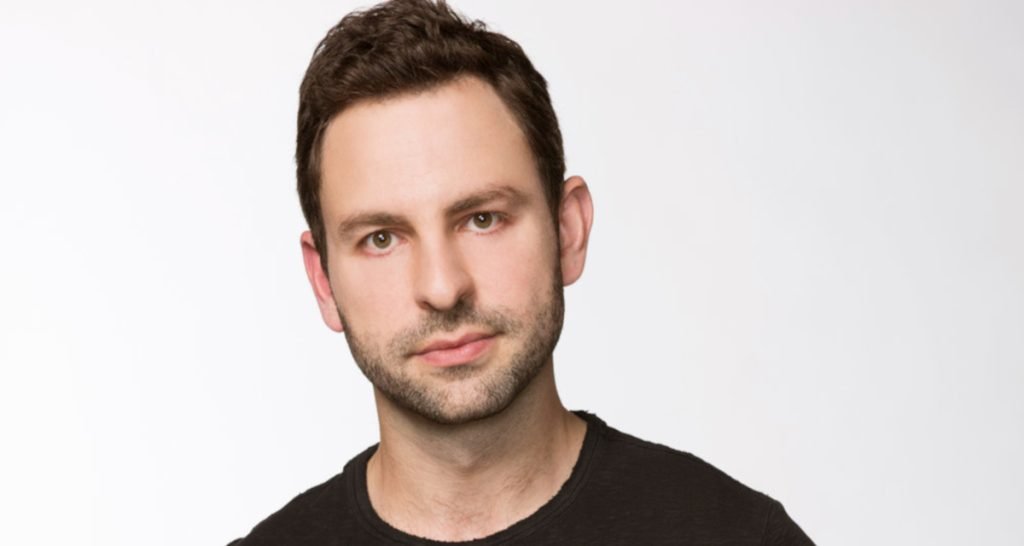Spotify Pushes Back Against ‘False’ Claims About Its Terms of Service Update — Artist Criticism and Exits Continue

Photo Credit: Alexander Shatov
Amid an avalanche of controversy – and some more artist exits – Spotify has responded to purported “misinformation” about its newest terms of service update.
According to multiple X posts, said controversy reignited closer to September’s beginning, when artists and observers resumed criticizing Spotify terms describing sweeping derivative-work authorizations.
“they changed their terms of service allowing them to get irrevocable, worldwide, unrestricted usage to anything uploaded to their platform, meaning your music is no longer your’s,” one individual wrote on the 8th. “this is mostly likely to train AI on it and distribute.”
Pertaining to the DSP’s well-documented remix ambitions, related changes previously elicited pushback upon making their way into DIY distributors’ own terms. In other words, the situation’s been in motion for a while now.
Evidently, though, the latest wave of criticism, still ramping up on social media, has caused things to boil over. Also with AI training front of mind, Joe Budden called out the terms update during an episode of his podcast – and expressed uncertainty about continuing to upload to Spotify.
More significantly, entertainment attorney Krystle Delgado broke down the update in a YouTube video. Therein, the Delgado Entertainment Law founder noted the adjusted language’s presence within Spotify’s listener terms, but emphasized that all the DSP’s users are bound to the agreement.
“Some people will take a look at this and go, ‘Well, this actually doesn’t even apply to music creators, because this is the terms of service for someone using Spotify,’” Delgado said.
“Well, let me ask this question: You, music creator that has your music on Spotify, do you happen to have a personal Spotify account of which you consume music through? If the answer happens to be yes, then you absolutely, as a music creator, have agreed to this contract,” she continued, proceeding to explore an example of a far-reaching user-terms application.
Furthermore, a decidedly similar clause is present in the Spotify for Artist terms. And while those don’t apply to music uploads themselves, the aforementioned distributor terms do, Delgado pointed out.
(Specifically, users “grant to Spotify a non-exclusive, transferable, sub-licensable, royalty-free, fully paid, irrevocable, worldwide license to reproduce, make available, perform and display, translate, modify, create derivative works from, distribute, and otherwise use any” uploaded content, according to the relevant text.)
Thus, it shouldn’t come as a surprise that the information isn’t sitting right with many artists – including Deradoorian, who just recently confirmed her Spotify exit. The “final nail” in the coffin, the LA-based musician spelled out, was when the service started “forcing us to agree for them to utilize our music in myriad ways without us consenting.”
As things stand, it seems safe to say that the episode isn’t ready to blow over. Enter Spotify’s response denying that the user terms apply to artists – and steering clear of the previously highlighted distributor-agreements angle.
Here’s the full statement Spotify put out addressing the terms controversy:
You might be seeing some misinformation online about a change to Spotify’s Terms of Use and their impact on artists, authors, and creators. These claims are false. These Terms of Use pertain to Spotify listeners and do not govern Spotify’s rights to use artists’, podcasters’, creators’, or authors’ creative works.
Spotify’s Terms of Use govern what listeners can and cannot do on our platform, not the creative works that artists, podcasters, creators, or authors distribute on our platform. These listener terms enable Spotify to display features such as user-created custom playlist covers, user comments on podcasts, and user-created playlist titles.
The recent changes to our listener Terms of Use do not impact how artists’, podcasters’, creators’, and authors’ music, shows, and/or audiobooks are distributed on our platform, what rights they retain, or what Spotify does with their work.
Link to the source article – https://www.digitalmusicnews.com/2025/09/25/spotify-terms-of-service-controversy/
-
Amazon Basics Adjustable Guitar Folding A-Frame Stand for Acoustic and Electric Guitars with Non-Slip Rubber and Soft Foam Arms, Fully Assembled$18,02 Buy product
-
DigiTech FS3X Three-Function Foot Switch$39,00 Buy product
-
Caramel UEM48 Laminated Mahogany 30″ Acoustic & Electric Ukulele Bass$129,99 Buy product
-
Selenium D3305TI Driver Protection Device, Black$0,00 Buy product
-
White Color Echo Cornet Bb Pitch For Sale With Free Hard Case Mouthpiece$197,00 Buy product
-
Budget Shield Drum Shield 5 panels 2ft wide X 5 ft tall in Acrylic Drum cage with full length flexible Hinges (5panels 2ftX5ft) drum screen, sound isolation, Made in USA – fast shipping$319,00 Buy product












Responses